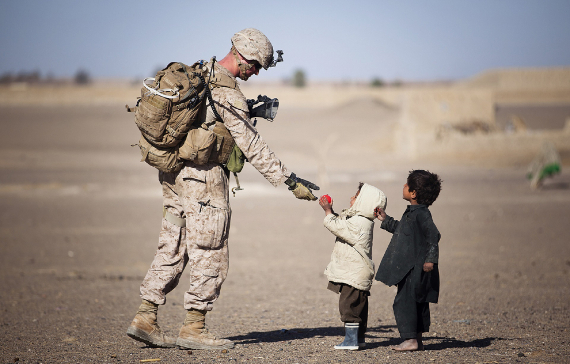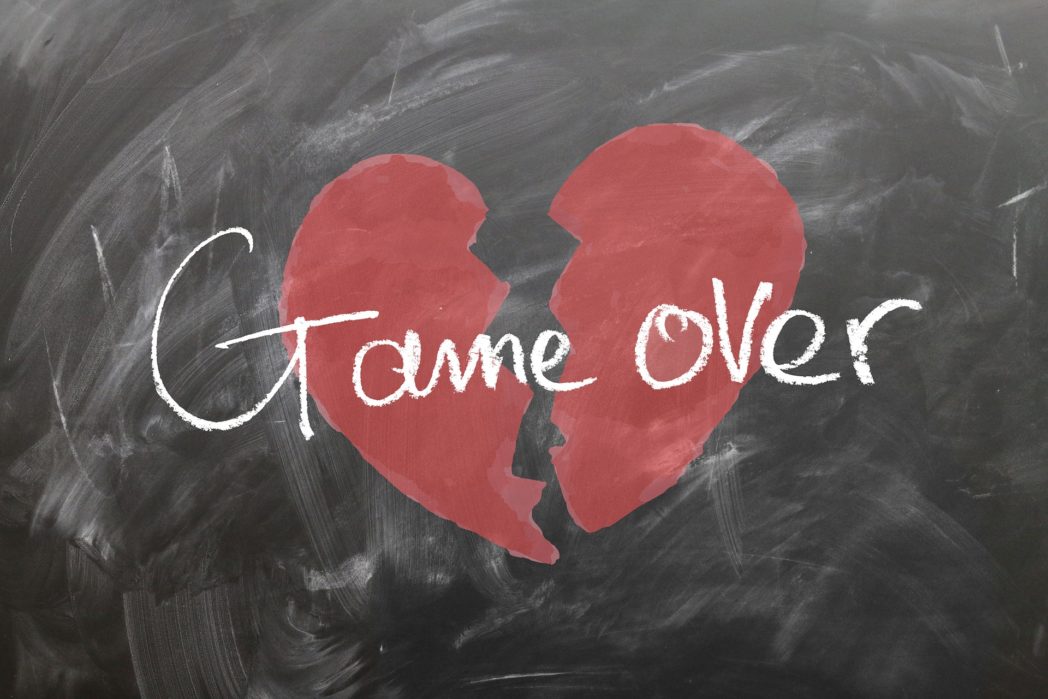Choosing life
My sister shared some sad news with me a couple of weeks ago. Her ex-partner and also the father of her daughter—my niece—has just been diagnosed with pancreatic cancer. It’s spread and he’s been told has six months to live. She is deeply saddened by this news, and I felt for her, not least because I admire my sister and her relationship with her ex. Despite splitting more than 15 years ago in less than ideal circumstances, she has fought to maintain the connection with him because of her daughter. They live in different parts of Australia: he’s in far north Queensland and she is here in Adelaide. They both have had different partners since their split, yet their indelible connection is irrefutable.
But it was not always this way. They had met and moved to Perth quite quickly, with my niece following along a year or so after. My sister was initially attracted to her ex, I think, because he represented danger and excitement and the unknown. That, and the fact that my mother didn’t like him. He was a talented carpenter or cabinet-maker (I can never remember which) and built beautiful furniture and the like, and he alternated between working for himself and working for others. But he was a difficult man to live with because he had problems with alcohol. When my niece was born, these problems exacerbated rather than dissipated. My sister said during this time of her life, she felt isolated and depressed, not helped by the fact that they were living on the other side of the county in Perth, Western Australia, away from family support (such that it was) and had money issues. Their situation didn’t improve when they moved back to Adelaide about six months after my niece was born.
I am quick to become entangled in new relationships, but she is reluctant and usually (apart from her ex-partner) takes time to become involved with someone new. Where I am relatively quick to sever ties with people who let me down, she maintains them.
My sister has an enormous capacity for tolerance and forgiveness, and in many ways, is the opposite of me. Where I am an extrovert, she is quite introverted. I am quick to become entangled in new relationships, but she is reluctant and usually (apart from her ex-partner) takes time to become involved with someone new. Where I am relatively quick to sever ties with people who let me down, she maintains them. She and I share a similar view of our mother and our childhood experiences, yet where I have no relationship with my mother, my sister regularly visits her in her nursing home. I left my daughter’s father when I was three months pregnant—and my daughter has never met her father—yet my sister has always sought to include her ex in her daughter’s life, even when it would have been easier and more practical not to.
So it came as no surprise when she told me she was going to see her ex in Queensland, possibly with a view to caring for him in his last few months. She flew up last week, and said it was sad to see him ravaged by cancer: my sister is a nurse and no stranger to illness. She said he was thin, had lost his teeth and looked not unlike Keith Richards, which she thought was simultaneously comic and tragic. I asked her about his mental state and how he feels about knowing he has limited time. She told me he was quieter, more introspective than usual, but he observed that it (cancer) is what is and there’s not much he can do about it.
Is it better to know how much time you have left on this earth, given that we are all on countdown after we are born, or is it better not to know? Would knowing you have only six months left inspire you to binge on life and cram in as much as you can in that time?
And this leads me to the point of this post. Is it better to know how much time you have left on this earth, given that we are all on countdown after we are born, or is it better not to know? Would knowing you have only six months left inspire you to binge on life and cram in as much as you can in that time? Does not knowing your departure date give you a false sense of security and allow you to coast just along, oblivious and taking life for granted? If you knew today was your last day, what would you do differently to make it memorable, and does it matter? Why is there even an either/or choice about life and death to be made here? Shouldn’t you live every day as if it could all end in a nano-second anyway, which we all know it could?
Of course, living every day as if it were your last is difficult when you are bogged down in minutiae of surviving on this planet as a human being. And “surviving” has a different meaning depending on your location. If you live in America and you are young and black and male, you could be shot in a supermarket car park by a white policeman because you are young and black and male and in a supermarket car park at the wrong time. You could be one of the millions of working poor who have to work two or three jobs simply to put food on the table for your family. Or you could be crippled by the relentless and unforgiving weight of a student debt that will take you a lifetime to repay. You don your Hooters or Starbucks or Hard Rock Cafe uniforms, grateful for the work, but mortified by the reality that you will probably never find work in the profession for which you studied so hard. Or you could be living in war-torn Middle East, where a simple trip to the market or the mosque or to school has you wondering if you or your family will return alive or intact. Or whether this time, the foreboding sound of bombs being dropped from the sky will annihilate your home at best, your family at worst? These things, these circumstances—and there are much worse things and much worse circumstances—are outside our control and not of our making. And that is the tragedy of life for millions of people on this planet.
I don’t have to worry about being married at 13 to a much older man, or risking my life in a leaky, overcrowded, unsanitary boat for a chance at a better life. I probably won’t have to worry about dying from a communicable disease that has been all but eradicated by a government vaccination program.
I have no such worries. Sure, an illness like cancer may strike me down, or I could lose my life in a car accident, or have a heart attack or a tree fall on me while I’m out running. Or be in the wrong place at the wrong time and meet my downfall that way. But I don’t really have to worry about being shot, or bombs being dropped on me, or not having enough money for food or shelter or electricity. I don’t have to worry about being married at 13 to a much older man, or risking my well-being in a leaky, overcrowded, unsanitary boat sailing to another country on the other side of the world for a chance at a better life. I won’t be shot for daring, as a female, to seek an education. I probably won’t have to worry about dying from a communicable disease that has been all but eradicated by a government vaccination program. I turn on the tap and have clean drinking water. I’m cool in summer and warm in winter. I have the luxury of worrying about stupid, inconsequential things, not life and death things: cutting sugar out of my diet; blisters from new running shoes; a (slight, by world standards anyway) drop in my salary; whether my ebooks are selling well; if I’ve lost a kilo or two. I can criticise politicians and the government without being jailed, tortured or conveniently killed. First world problems, and I have written before about the lottery of location and how fortunate I am to be born where I was born.
So when death arrives unannounced and stares me squarely in the eye as it claims my soul, which it will do, from my vantage point of relativism, I know that I have lived a full life. Irrespective of the opportunities I did or didn’t take, or the mistakes I did or didn’t make, or the experiences I did or didn’t have, or the regrets I do or don’t feel, my life has been well lived. I have been a mother, a daughter, a sister, a girlfriend, a friend. I have been reviled and adored. I have created and destroyed. I’ve been beaten and I’ve won. I’ve tried and failed and tried and succeeded. I’ve been a player taking the hard knocks on the court of life, and falling down and getting up, only to take more hard knocks, and fall down and get up again. And again. I’ve not been an observer, watching it all unfold, distant from the action: I’ve been an active participant. And I think that’s the key to a life well-lived. Choosing to participate on your terms—as far as you are able and as difficult as it often is—is to choose life.
Last word
My life hasn’t been easy, especially my younger years, but it’s been a walk in the park compared to millions of other people in the world. And I am exceedingly grateful for the freedom I have based on where I was born, and the wonderful gifts I was given via my gene pool. A lottery indeed. I realise that some who come from similar backgrounds, and often worse, don’t make it out intact or alive. I am one of the lucky ones.
If you feel lucky, and you have $25 to spare, I would urge you to change the luck of someone and donate to Kiva. This organisation specialises in providing micro-finance to people in developing countries and is one of my favourite not-for-profits. And I put my money where my mouth is: I’m just about to make my 24th loan.
Please consider buying me a coffee to show your support for my writing ♥






One thought on “Choosing life”